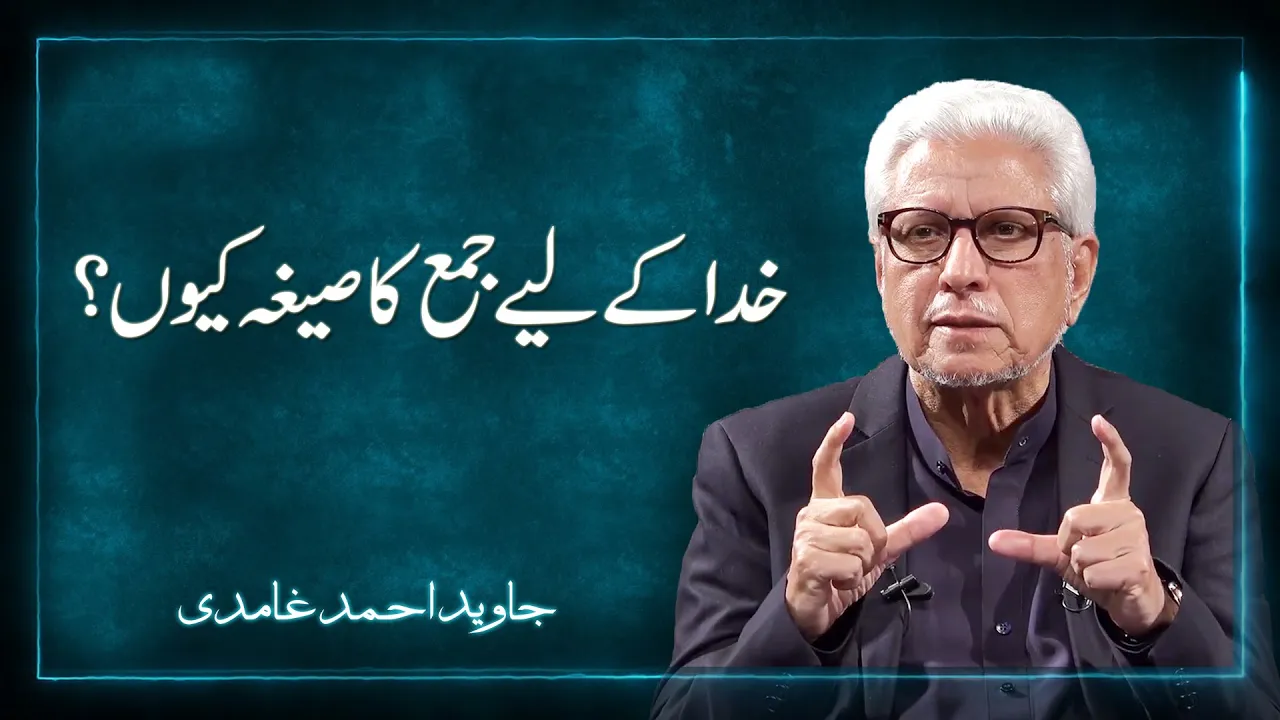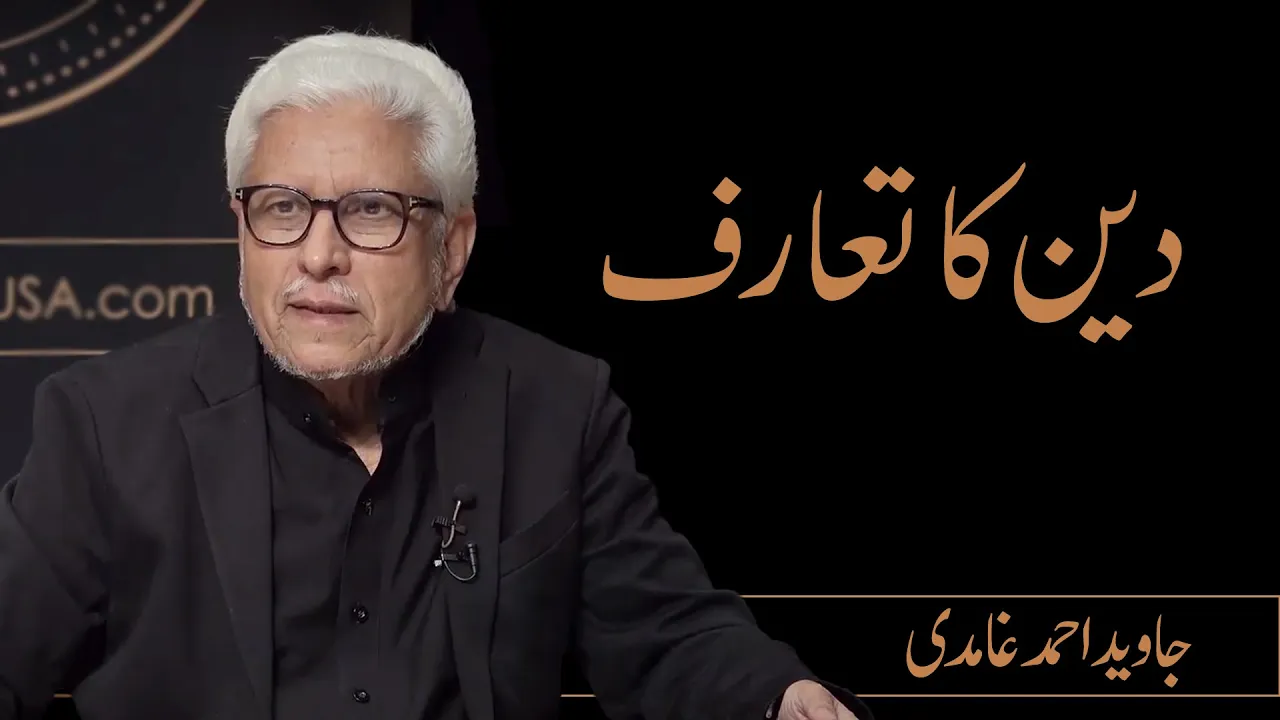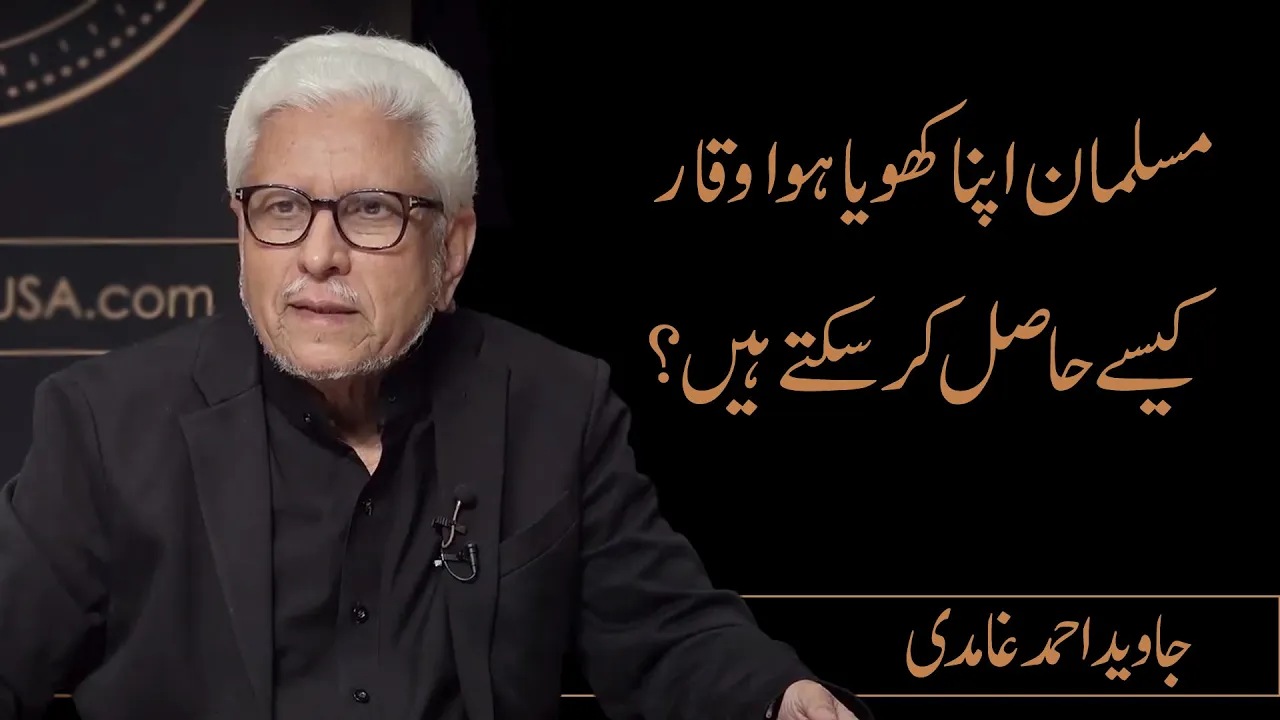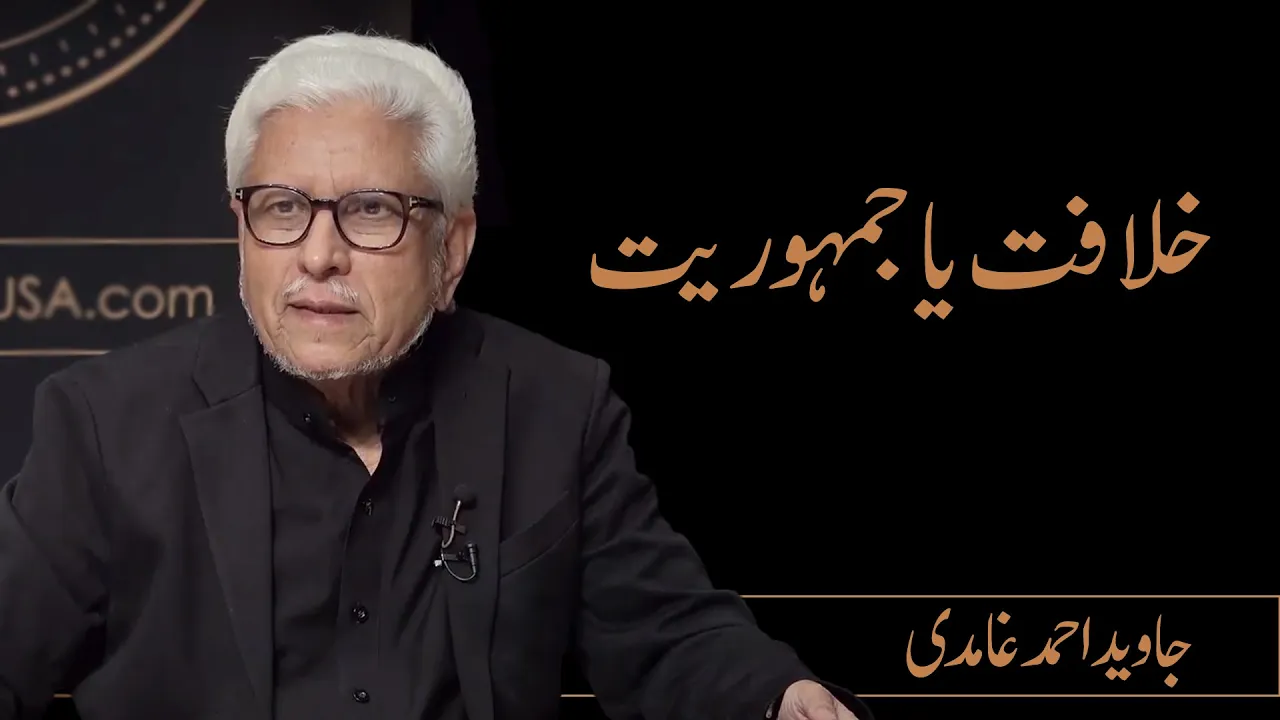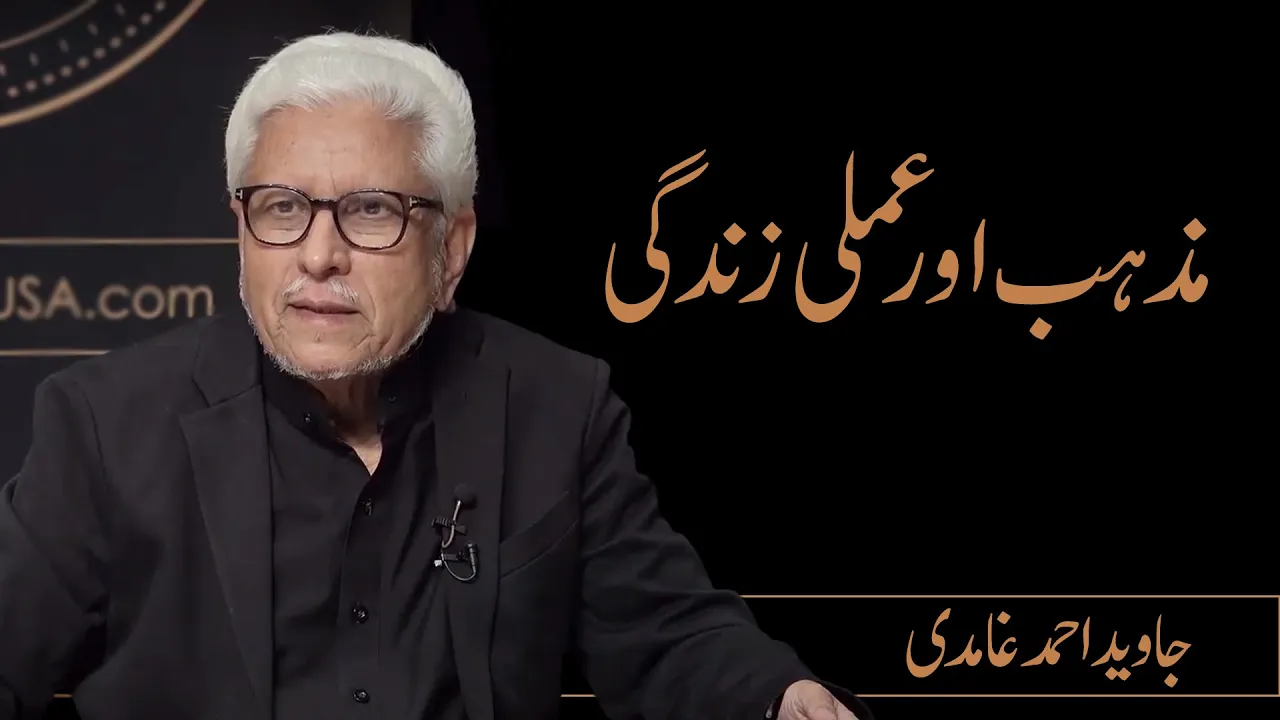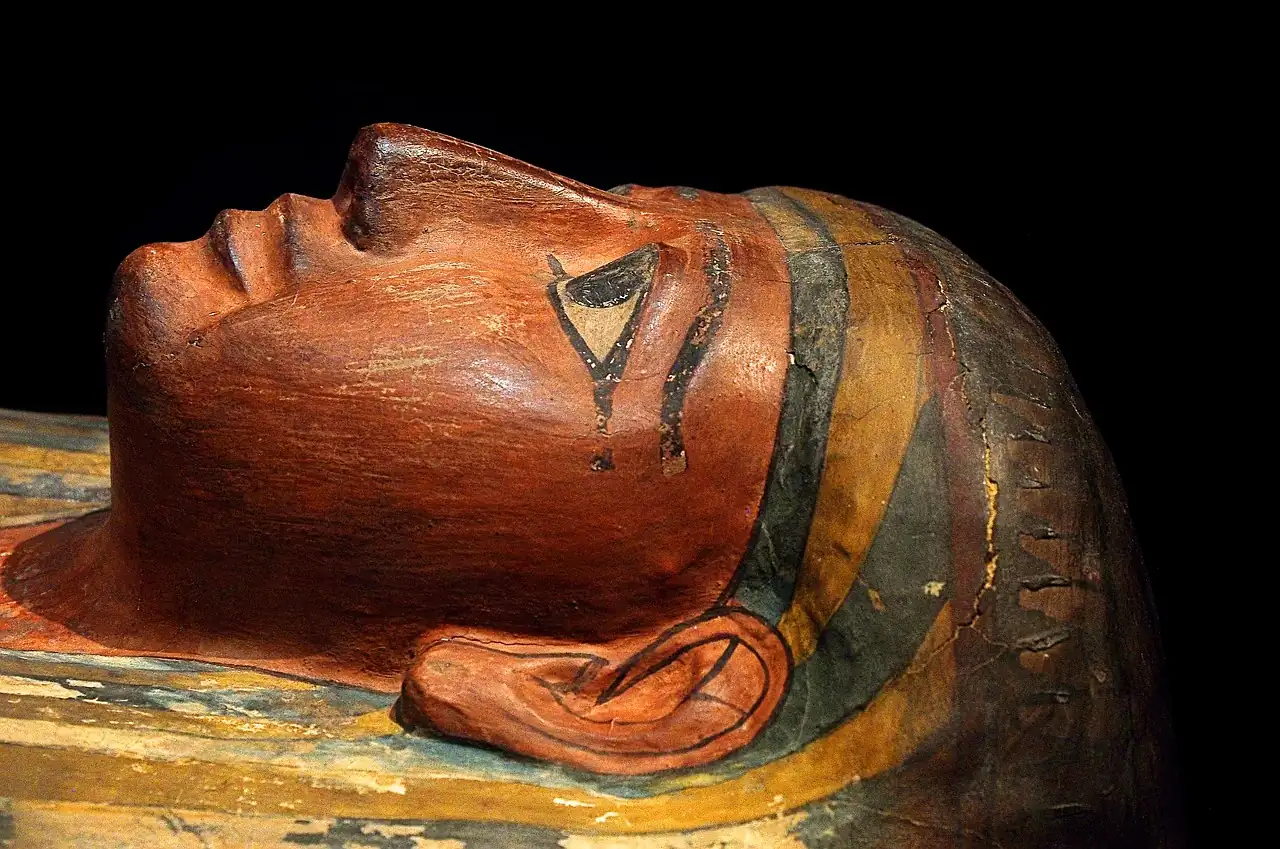Question
What is real condition of parrying on the fifteenth night of Sha’ban commonly known as shab-e bara’at? Are their authentic ahadith which establish the practice?
Answer
As obvious from the name, ‘Shab bara’at’ is, in its origin, a compound word; half Persian and half Arabic. This entails that it is not derived from the basic religious sources for they are in Arabic not Persian. It has no religious significance. A festival is not something about which you go inquiring whether is a living tradition or not. Those who celebrate it forward a saying ascribed to the Holy Prophet (sws), which tells that it is the night in which important decisions are made by Allah and those who pray this night are granted forgiveness. There is also another report ascribed to Ibn-e-Abbas which says that this night is alluded to in a verse of the Holy Qur’an which. The referred verse reads:
Indeed we have revealed this Qur’an is a night very blessed [Al-Dukhan 2].
The Holy Qur’an at other places made it clear that the night referred to in this verse occurs in Ramadan and that is when the Qur’an was started to be revealed. Besides this the saying ascribed to the Prophet (sws) and the one to Ibn-e-Abbas are not reliable at any degree. The Muslim scholars are unanimous on the interpretation of the verse as provided by the Qur’an itself and the weakness of the saying ascribed to the Prophet (sws). Therefore there is no point in giving any religious importance to the night, as it is contrary to the Qur’an and established history of Muslims.
However that does not mean that one cannot worship in this night or fast during the following day but what should be avoided is attaching any religious significance to the night in this particular reference. It would be bid’ah (innovation) to hold that it is religiously rewarding to perform some specific form of worship which the Prophet (sws) never instituted as the Sunnah.
Answered by: Tariq Mahmood Hashmi
Date: 2015-03-12


